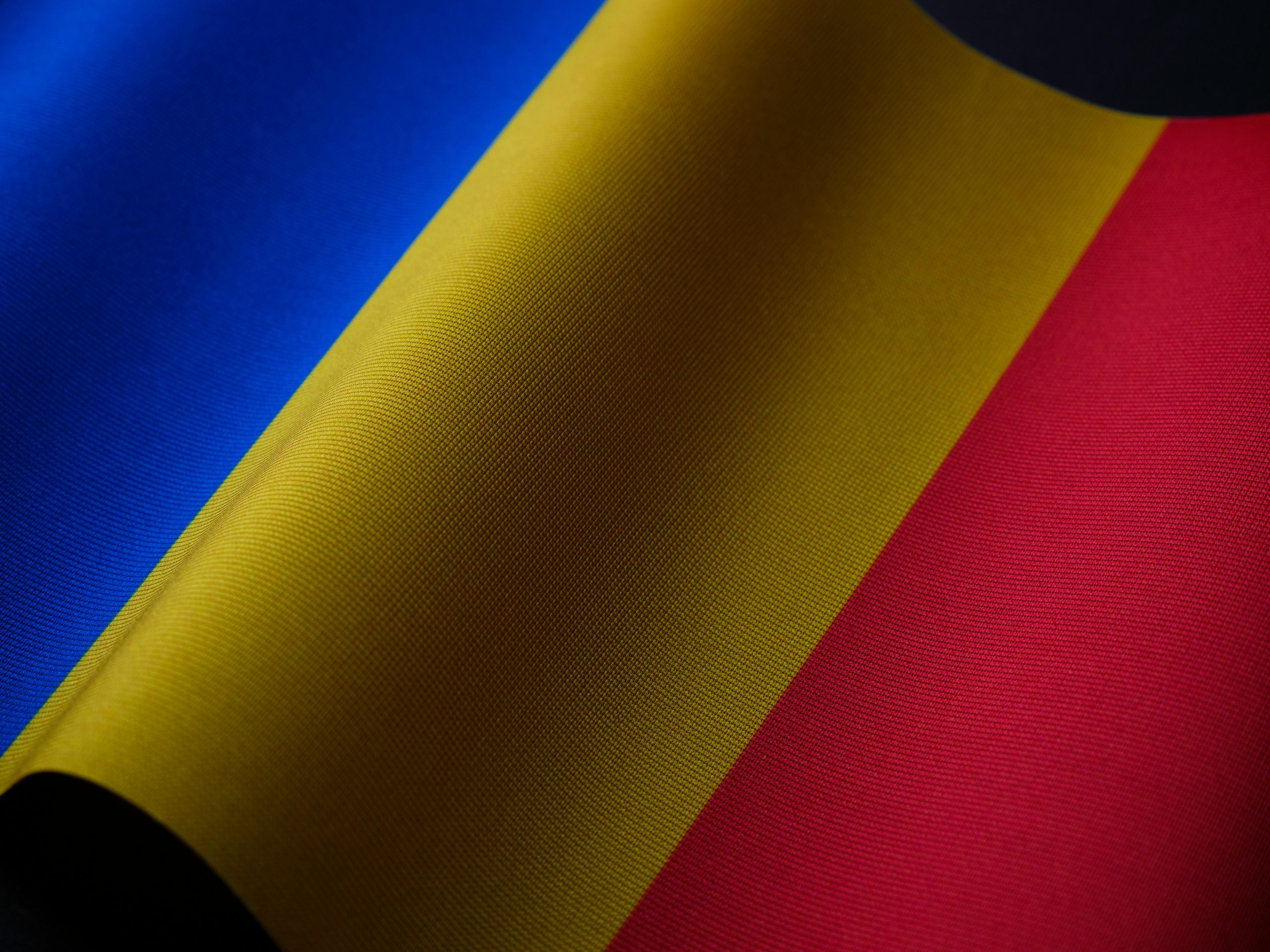Understanding the Complex Dynamics Behind Patriotic Symbols in Modern Britain
In recent times, the sight of national flags being prominently displayed and used in protests or public demonstrations has sparked widespread discussion across various platforms, including social media and mainstream commentary. While many individuals express pride in their country through these displays, there exists a nuanced debate about what these symbols truly represent, especially in the context of evolving political landscapes.
The Patriot’s Perspective: Pride Versus Political Association
A common point of contention centers on the distinction between genuine patriotic sentiment and the politicization of national symbols. Many proud Britons have historically waved the Union Jack as a mark of national pride. However, questions arise when individuals observe that some of these flag-wavers support political narratives or ideologies that are viewed by others as divisive or associated with xenophobia or racism.
This discrepancy leads to a key point: Some patriotic individuals openly state their love for Britain and their participation in traditional customs while explicitly distancing themselves from the political undertones that may have become conflated with national symbols. They emphasize that their patriotism is unwavering, yet they acknowledge that recent displays or slogans might carry meanings that do not align with their values.
The Divide in Interpretations and Reactions
Conversely, there are instances where reactions to contentious patriotic displays tend to be dismissive or defensive. Phrases such as “If you’re uncomfortable, you should leave” or “This is Britain; if you don’t like the flag, you hate our country” are common. These responses reflect a perspective that regards any criticism of the flag’s current associations as unpatriotic or un-British.
This dichotomy highlights a broader issue: the failure to recognize and openly discuss the complex symbolism of national icons in a contemporary setting. Some individuals may struggle to reconcile their historical patriotism with the current use of the flag in various protests, especially when those protests are perceived as supporting narratives that are racially or politically divisive.
Why the Disconnect Exists
Understanding why certain patriotic individuals remain steadfast in their support while denying support for divisive elements requires an appreciation of cultural identity and personal history. For many, the Union Jack remains a symbol of heritage, tradition, and national pride rather than a political statement. The challenge lies in differentiating the symbol from the interpretations or actions associated with specific groups or ideologies.
Additionally, social and media narratives can influence perceptions, often framing protests or displays in a way that emphasizes controversy. This can make it difficult for some to see the full context
